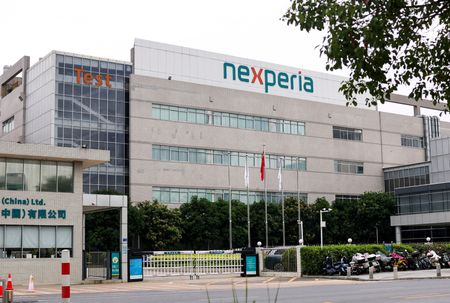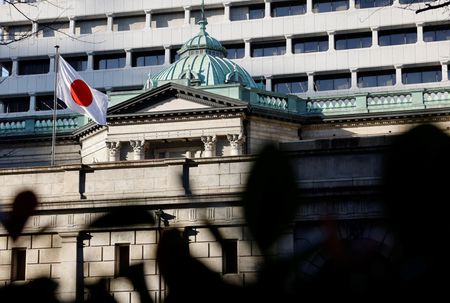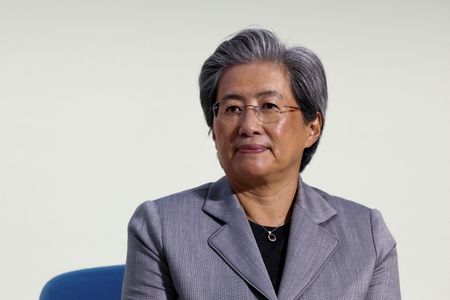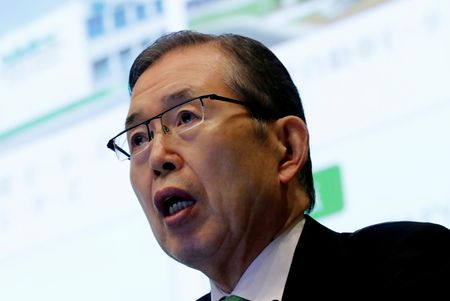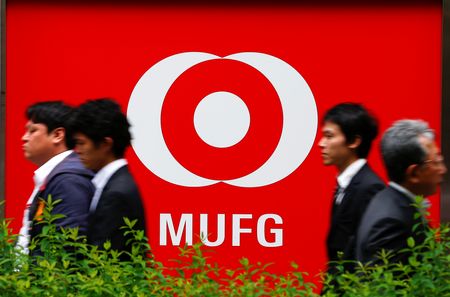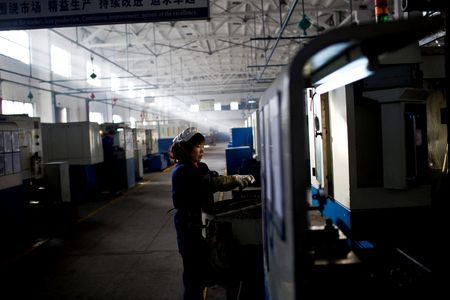By Chen Aizhu
SINGAPORE (Reuters) – Biofuel firms are pouring more than $1 billion into building China’s first plants to turn waste cooking oil into aviation fuel for export and meet domestic demand once Beijing mandates the fuel’s use on airplanes to cut emissions.
The world’s second-largest aviation market, with about 11% of global jet fuel use, China is expected to unveil this year its policy on sustainable aviation fuel (SAF) use for 2030 that could spur billions of dollars of investment, industry executives told Reuters.
Companies such as Junheng Industry Group Biotech, Zhejiang Jiaao Enprotech and Tianzhou New Energy plan to start up plants over the next 18 months to produce more than one million metric tons per year (tpy) of SAF combined, six SAF investors told Reuters.
That figure would be equivalent to 2.5% of China’s current annual demand for aviation fuel.
Once online, the projects would soak up supplies of used cooking oil (UCO) feedstock that China currently ships out as world’s largest exporter, company executives said.
Last year, China exported a record 2.05 million tons of UCO, mostly to the United States and Singapore, and providing feedstock to biofuel refiners such as Finnish firm Neste.
“We’re taking positions to prepare for the future,” said Eason Chen, a vice president of Tianzhou New Energy, which is building a 200,000 tpy SAF plant in the southwestern province of Sichuan.
“We’re in discussion with airlines and oil majors for first exports and have proposed to the Chinese government to announce a clear SAF target,” said Chen, a former jet fuel marketing executive with oil major BP.
The plants process UCO collected from millions of restaurants using a technology called hydrotreated esters and fatty acids (HEFA), one of a few commercial pathways.
Although the process faces feedstock constraints in the longer run, state utilities such as State Power Investment Corp may become the next wave of investors betting on a newer but costlier technology for the conversion to aviation fuel.
China now produces less than 100,000 tons of SAF, mostly at a plant operated by Bain Capital-backed EcoCeres, which began making the fuel in 2022 in the eastern region for export.
CHINA MANDATE
The companies preparing to make SAF expect a mandate for a compulsory blend of 2% to 5% of SAF into an aviation fuel market forecast to reach 50 million tons in 2030, said industry executives familiar with policy discussions, who spoke on condition of anonymity.
In the near term, China may unveil pilot airports in cities such as Beijing, Shanghai, Chengdu and Zhengzhou for initial SAF adoption.
A 5% mandate would equate to 2.5 million tons of SAF use in China by 2030, modest compared to the European Union’s target of 6% and Japan’s 10%, but a jump from the 50,000-ton SAF target for 2025 Beijing outlined a few years ago, the executives said.
Key policy deciders the Civil Aviation Administration of China (CAAC) and economic planner the National Development and Reform Commission did not respond to requests for comment.
Globally, airlines consumed between 450,000 and 500,000 tons of SAF last year, double the 2022 figure but still making up just 0.1% of jet fuel, the International Air Transport Association (IATA) says.
Amid scant production capacity and higher costs, as SAF is nearly three times as expensive as jet kerosene, IATA estimates SAF production could rise to 0.53% of total fuel consumption in 2024 and add $2.4 billion to the sector’s fuel bill.
Fuel typically makes up a third of airlines’ operating cost.
“Once the market demand and policy becomes clearer, the sector will grow quickly, which can then drive down the cost,” said Ye Bin, chairman of Jinshang Environmental Protection Technology Co Ltd, which is set to start building a 400,000-tpy facility in July in Sichuan.
EXPORTS EYED
With almost no near-term domestic demand, the new SAF refiners are initially targeting exports, which industry executives expect China will eventually manage through a system of quotas.
Apart from courting oil majors, the companies are turning to airlines in Asia Pacific as well as in the Middle East, the executives said.
“The next few years will be a period of heated competition among producers as demand is limited and prices are high,” said Wang Yantao, head of SAF at Zhejiang Jiaao Enprotech Co, which counts global oil majors Shell and ExxonMobil as clients.
“Luckily pioneer producers like Neste have opened some markets, so we will just need to follow suit as long as our products are competitive,” said Wang.
Neste agreed this month to supply 1,000 tons of SAF to Singapore Airlines, the latest of a series of deals the Finnish refiner has struck with carriers such as Ireland’s Ryanair and British Virgin Atlantic.
(Reporting by Chen Aizhu; Editing by Tony Munroe and Clarence Fernandez)



